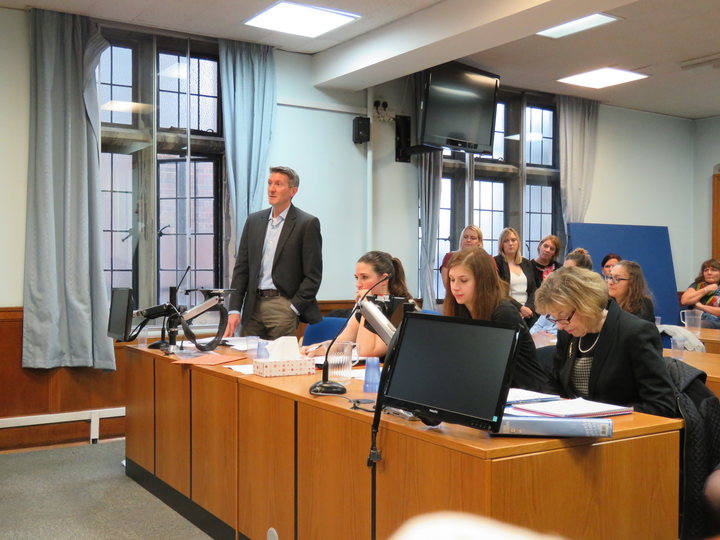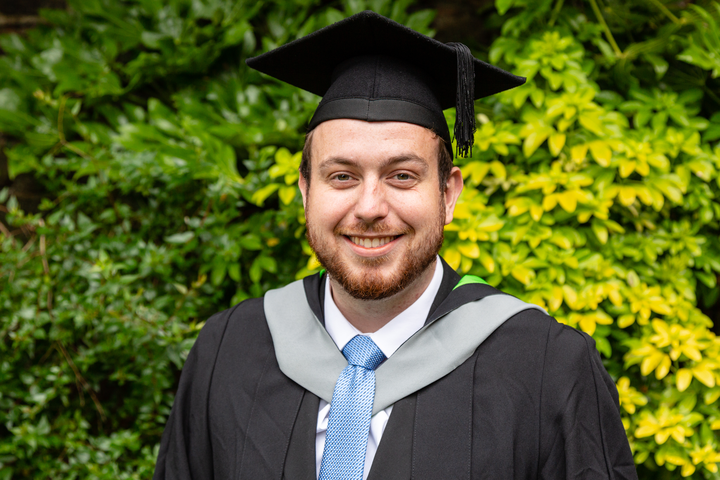LLB (Hons) - Law (Integrated Foundation Year)
Study at the North West's Top Law School (Guardian League Tables for Law 2025).
Our law degree is recognised by the Solicitors Regulation Authority (SRA) and will facilitate your journey to becoming a solicitor or a barrister, or a broader range of careers.
On this course, you'll learn about the law and legal skills such as how to interview clients. You’ll take part in mock court cases (civil and criminal) and work on real-life legal problems.
If you are interested in this course, you can apply for a University of Cumbria International College 4-year degree programme.Apply here
Course Overview
You’ll gain a strong foundation in legal knowledge and skills relevant to careers in the legal profession and many other areas of employment. There is a focus on work experience and professional mentors, thanks to our industry links.
Public speaking events, mock trials, and student competitions will further boost your skills. Throughout, you’ll be taught by tutors with experience of working in law, who will provide the support and knowledge to ensure you stay on track.
On this course you will...
- Have access to our law team consisting of former practising solicitors and barristers with national and international experience.
- Have access to the criminal courts for mock trials, presided over by real judges.
- You’ll have the option to do a placement in a local law firm or legal service provider so you get work-based learning.
- Be able to use our connection with local law firms and legal service providers and strong working relationship with Solicitors Regulator Authority and the Law Society.
- Have opportunities to use your academic skills practically via our Street Law project, in which you research and advise on real legal issues to clients in our local community.
WHAT OUR GRADUATES SAY
-
![Matt Wardle]()
Despite my earlier hang-ups about my academic ability, I will be leaving the University of Cumbria with a first-class degree, as winner of the Sweet & Maxwell Law Prize. I also received subject excellence and contribution to law awards along the way. Work-wise, I have finished my long stint in restaurant and bar work and I now work at Butterworths Solicitors as a Legal Adviser handling civil litigation claims.
Matt Wardle
I was reluctant at first because my understanding was that university entry requirements were strict and that without A-levels and great GCSEs, I’d have no chance, especially in law. I finally made the decision to get in touch and Ann Thanaraj, the head of the law faculty who invited me in for an interview...
-
![Dan Abel, LLB (Hons) Law]()
In the three years I studied there, I was able to take part in mooting (mock court trials) competitions, organise a mooting competition, organise a national law conference and a law ball. I was also able to volunteer outside of my degree at Citizens Advice Carlisle and Eden, which gave me the best practical experiences alongside the academic aspect of the degree.
Dan Abel, LLB (Hons) Law
Dan, from Newcastle-under-Lyme, Staffordshire was the first in his family to move away from home for university.
-
![]()
After leaving university with a First Class Honours Degree, I went on to complete my LLM Legal Practice (Barristers) and achieved a Distinction. I am proud to say, I now have my dream job and work as a County Court Advocate representing claimants or defendants in county courts throughout the North West.
Stay Focused. Go Far.
.png)



Location
Carlisle - Fusehill Street Campus
The Fusehill Street campus has been the setting of life-saving treatments since World War I. Now, it's home to world changers, life-savers, crime fighters, and entrepreneurs with access to high-quality facilities and innovative thinking.
Find out more
Find out more about studying with us
Attend an Open Day at Cumbria
An Open Day is your opportunity to explore one of 5 campuses, meet your lecturers, and find out how the University of Cumbria could become your new home.





-200x200.jpg)
-200x154.jpg)



